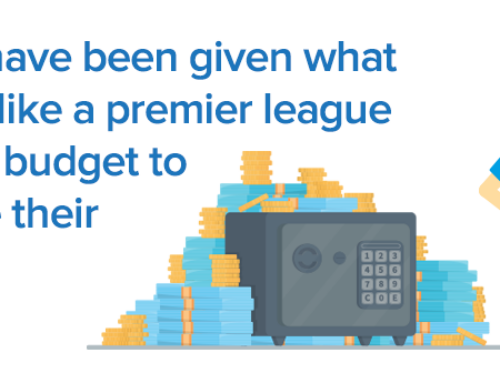Nine out of ten British adults say tax avoidance by large companies is morally wrong even if it is legal, while three-quarters want the UK government to legislate to discourage UK companies from avoiding tax in developing countries, according to a survey on behalf of Christian Aid. The survey of over 2,000 individuals, conducted for the charity by ComRes in the wake of the publication of the Paradise Papers, found that 85% believe it is too easy for large companies to avoid paying tax. There were also suggestions that consumers are changing their behaviors as a result. One in four of those polled indicated they are currently boycotting a company’s products or services because it does not pay its fair share of taxes, with a further 43% considering a boycott.
Disguised remuneration schemes claiming to avoid loan charge
In Budget 2016, the government announced a number of changes to tackle existing disguised remuneration tax avoidance schemes and prevent their future use. The changes will include a new ‘loan charge’ on disguised remuneration loans which are outstanding on 5 April 2019. Some promoters claim their scheme will avoid the loan charge, e.g. where the promoter calls the loan something else, which does not change the fact that it is actually a loan and therefore the charge will still apply. Another example is where promoters say that individuals should enter into a bet with the trust that granted them the loan. The terms of the ‘bet’ mean the individual is almost certain to win, and then able to use the winnings to repay the loan. This scheme will not prevent the loan charge arising as the loan repayment is connected to a new tax avoidance arrangement.
The only way to avoid the new loan charge is by making a genuine repayment of the loan balance or settling the tax liability with HMRC. Any repayments connected to a new tax avoidance arrangement will be ignored and the loan charge will still apply. To prevent attempts to exploit the new loan charge, a targeted anti-avoidance rule will ensure further avoidance schemes don’t work. Click here to view HMRC’s spotlight here >






